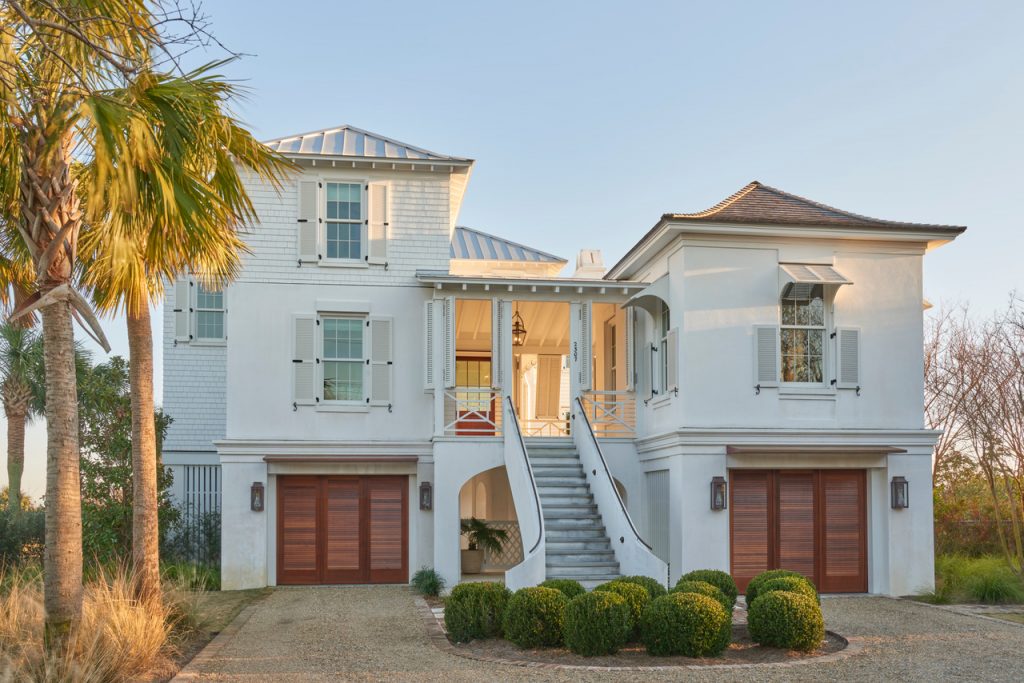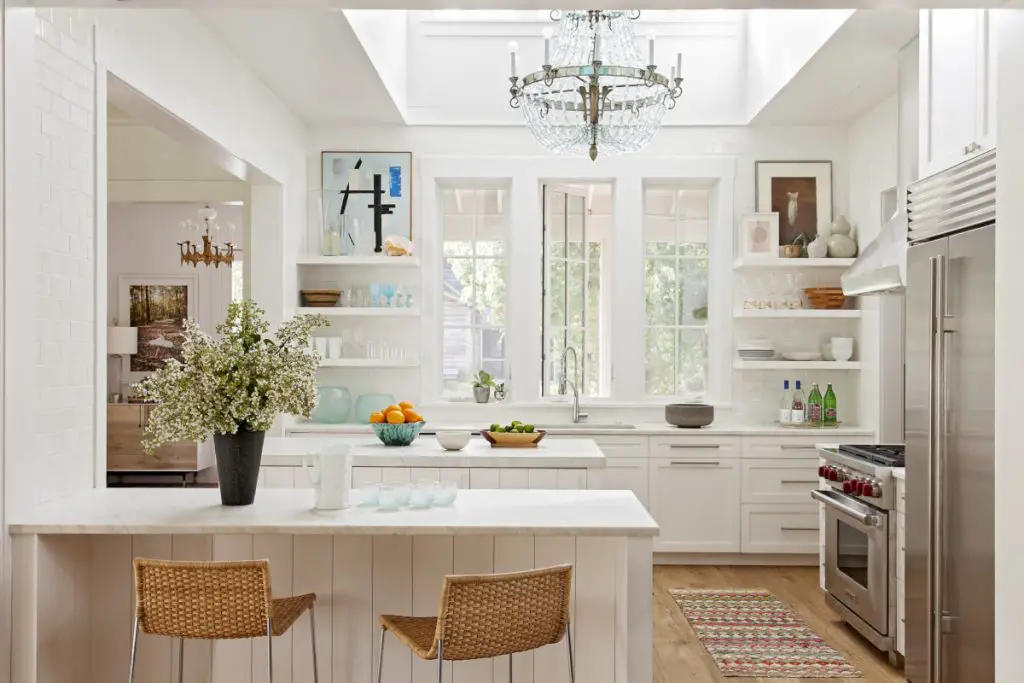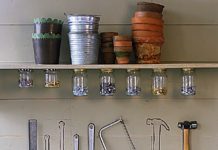Buying a house is among the most significant investments and decisions you will ever make. As a first-time buyer, purchasing a home can be a daunting and overwhelming experience; hence you ought to learn the buying process and look out for and consider the factors that affect your finances and lifestyle to succeed in buying a home. You can find houses to purchase from trusted agents or private sellers, but as a Non-Us citizen, you can experience difficulties finding information for home buying, but luckily, you can check them here lbcmortgage.com/non-us-resident-mortgage/.
1. Check the property

Before deciding on a house, you should look up its condition. Some of the inspections you can do on your own, professional realtors should do others since codes have changed over time hence having basic knowledge on building laws then and now can help you understand the state of the house better. Old homes may need renovations which could be costly. You need to inspect the building’s structure, the roofing condition if the appliances are working, the vulnerability of the area to flooding and signs of water damage.
2. Research the area
You should never buy a house on impulse but plan for it. You should ensure that the home’s area is safe, especially if you plan to move with kids or plan to have kids. Part of your research should include checking crime rates in the area for your family’s safety, and you can do this by spending some time in the area and asking neighbors about the security know-how of the surroundings. This research will assure you and avoid regrets on why you did not pay more attention before purchasing the house.
3. Checking your finances
Working with a budget can help you narrow down your house search to those you can only afford. You can start your search lower than your price range, and if you get what satisfies you, there is no point in going higher. It is always best to limit your house hunt to homes within your financial neighborhood. Acquiring properties beyond your planned budget can stretch you financially or make you unsatisfied with what you can afford. You should also consider speaking with an independent mortgage broker who can assist you in determining the qualifying requirements that will allow you to buy the home of your dreams while keeping your financial security.
4. The size and type of the house

Before purchasing a house, you should have a general idea of your ideal house, including square footage measurements, number of bedrooms, and bathrooms you need. The size of the house you want to buy depends on your personal needs and preferences. Your choice will be determined by the lifestyle you desire, your budget, and the size of your family. For example, if you plan to move in with older people, a home with an upstairs bedroom will not be a good choice. While house hunting, ensure that everyone’s needs are met.
5. Checking of the neighborhood
When house hunting, it is good to always hang around the neighborhood to find out about its surroundings since some areas seem unfriendly and creepy. You can check out how the place looks during the day and night. Talking with the neighbors can help acquire information about the area and signs of problems with the tenants regarding noises and disruptions. You can also check the hygiene of the surroundings and the weather that is likely to affect the property, and the environmental hazards posed by the surroundings.
6. The location of the property
A developed area will be an asset for the longest time; hence you will not have to worry about real estate market fluctuations. A great location is always a profitable investment. It would help if you considered the proximity of essential facilities like schools and workplaces. The home should be near convenience stores and public transport facilities. If you have children, ensure that the school is nearby or at least has a bus stop heading to the school in the proximity and availability of playgrounds. The materials used for construction, design, and color can determine the fitness of your family.
7. Home Insurance

Having a house insurance policy is a necessity if you are looking at buying a home. Ideally, all mortgage companies require that borrowers should have property insurance. The insurance coverage protects your properties against theft or damage. You can acquire a building and contents cover insurance plan for your home to guarantee safety and make you feel comfortable in your home. Insurance helps you save money and makes your home feel safer.
Final Thoughts
Ultimately, every house you look up will have its pros and cons. It is always up to you to choose for yourself the aspects you will live with, those you cannot live with, and the ones you are willing to compromise. Having a checklist while looking for a house to buy can help you narrow down your search and help you make an informed decision on property purchases. Thanks to youi.com.au for consulting.
























